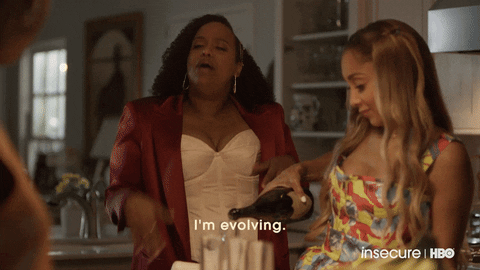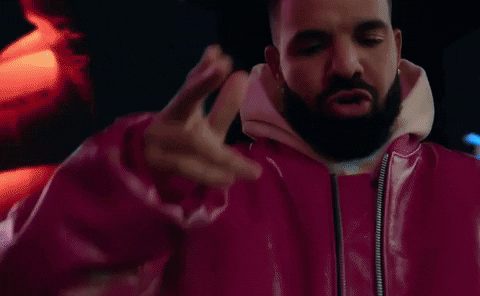
^^ Please shush.
Labor Day is the annual celebration of workers and all that they achieved.
An origin story…
Setting: Late 1800s, height of the Industrial Revolution.
The average American was working 12 hour days / 7 days a week. No thank you! Children as young as 5 were working in mills and working conditions were extremely unsafe and terrible. No breaks, unsanitary conditions and limited access to fresh air to name a few.
As manufacturing began to replace agriculture as the main employer labor unions began to rise.
These unions became more vocal and organized strikes to protest the working conditions, the long hours and the terrible pay.
Some events became violent like the Haymarket Riots. Others inspired the celebrations we know today.
On September 5, 1882 in New York City 10,000 union workers took unpaid time and marched in the first Labor Day parade!
The celebration caught on and several states passed legislation recognizing the “workingmen’s holiday” but it wasn’t until 12 years later that Congress would legalize the holiday.
12 years later…

Labor Day became a legal holiday in 1894 (12 years later after the first celebration) when President Cleveland signed it into law.
What prompted this? Massive unrest caused by Pullman Strike.
The employees were protesting:
- Wage cuts (by 25%)
- Poor living conditions
- 16-hour work days (!!!!)
- Firing of a union representative who tried to advocate for the workers
The strike ended up being 2 interrelated strikes:
- American Railway Union (ARU) against Pullman factory in Chicago
- ARU boycott of all trains that carried Pullman passenger cars
The combination crippled railroad traffic nationwide.The federal government got involved and sent troops to break up the strike, violence ensued, arrests were made and so much more.
Too much to go into detail here but if you’re interested, you can read more here.
JOIN 130K+ HR LEADERS
Get insights, learnings, and advice on how to build companies and cultures that people actually love.
No spam. Unsubscribe any time.
As the railroad workers were striking and federal troops about to be dispatched, Clevand signed the bill into law on June 28, 1894 recognizing Labor Day as a federal holiday to recognize and celebrate labor.
In the years that followed more and more laws would be passed to improve working conditions and meet the demands for better treatment.
Read more:
- Fair Labor Standards Act (FLSA)
- Summary of Major Laws from the Department of Labor
Where we are now:

We’ve come a long way since that first Labor Day that was organized by union workers.
Today, union workers are still advocating for better working conditions and they’ve had some notable wins this year.
UPS workers negotiated for:
- Raises: pay increases resulting in some drivers earning up to $170k/year.
- Holidays: Received Martin Luther King Day as a paid holiday
- Safety: Air condition in trucks for heat safety
Unionized airline pilots negotiated for salary increase and better benefits.
Most US rail workers now have access to sick leave.
But not all have been successful…
The writer’s strike has hit its 4-month mark with over 160,000 writers and actors on the picket lines. There’s been little progress in negotiations and writer’s aren’t backing down. So much to unpack here!
Why HR should care:
If your employees’ needs aren’t being met you need to understand why.
Employee wellbeing and engagement directly impact retention, productivity and you guessed it CULTURE. The whole theme of this quarter!
What’s next:

Next week, we celebrating.
What exactly??
I Hate it Here turns 1.
And I have some fun in store for you!
BTW: You’ll be getting that special edition next Tuesday (9/12) at 12:30PM EST.


